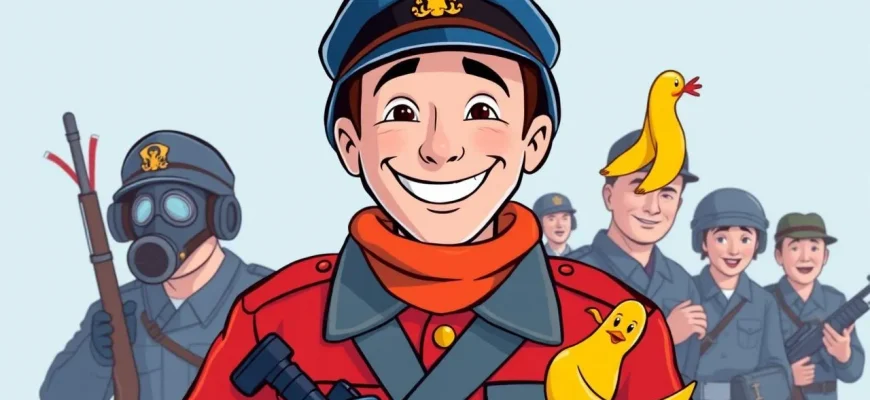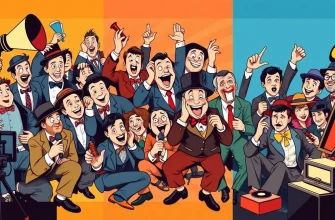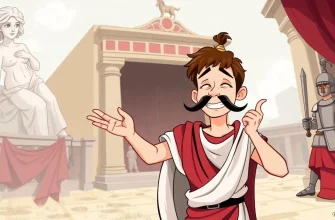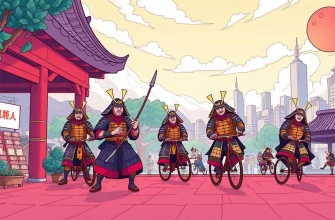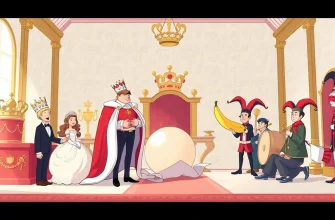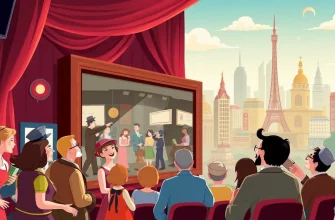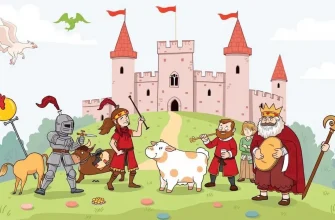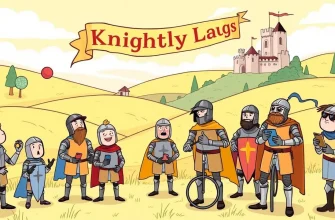The year 1945 marked the end of World War II, a time of great relief and celebration. While the war brought about immense tragedy, it also inspired a unique genre of comedy films that reflect the resilience and humor of the era. This collection of 10 British comedy films set in or around 1945 provides a delightful escape, showcasing the lighter side of wartime life, the spirit of camaraderie, and the joy of victory. These films not only entertain but also offer a glimpse into the cultural and social atmosphere of the time, making them valuable for both cinephiles and history enthusiasts.
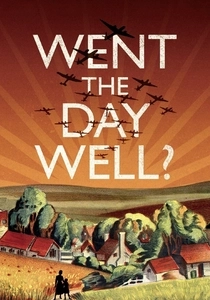
Went the Day Well? (1942)
Description: While primarily a thriller, this film includes comedic elements in its portrayal of a small English village's resistance to a German invasion. The humor comes from the villagers' unexpected resourcefulness.
Fact: The film was based on a short story by Graham Greene.
 Watch Now
Watch Now
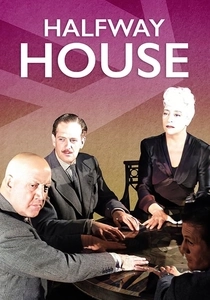
The Halfway House (1944)
Description: This film blends comedy with supernatural elements, set in a Welsh inn where guests find themselves during the war. The humor arises from the characters' diverse backgrounds and their interactions.
Fact: It was one of the first British films to explore the theme of post-war reconciliation.
 Watch Now
Watch Now
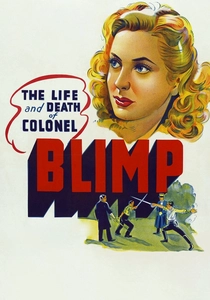
The Life and Death of Colonel Blimp (1943)
Description: This film, while not set entirely in 1945, spans several decades, including the war's end. It humorously critiques the British military establishment and its traditions, offering a satirical look at the changing times.
Fact: Winston Churchill tried to have the film banned, believing it would damage British morale.
 30 Days Free
30 Days Free
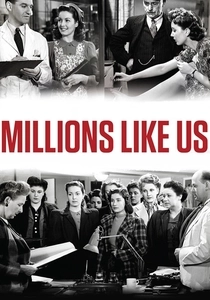
Millions Like Us (1943)
Description: This film follows the lives of women in wartime Britain, focusing on their contributions to the war effort. It includes comedic elements as it portrays the everyday life and challenges faced by civilians during the war.
Fact: The film was made to boost morale and show the importance of women's roles during WWII.
 30 Days Free
30 Days Free

The Way Ahead (1944)
Description: Although released in 1944, this film captures the spirit of the British Army's training and camaraderie, leading up to the end of the war in 1945. It's a blend of comedy and drama, showcasing the transformation of civilians into soldiers.
Fact: The film was made with the cooperation of the British Army, and many of the extras were actual soldiers.
 30 Days Free
30 Days Free

The Foreman Went to France (1942)
Description: Set during the war, this film follows a British foreman's mission to retrieve vital machinery from occupied France. Its comedic tone comes from the characters' interactions and the absurdity of their situation.
Fact: The film was based on a true story, showcasing the ingenuity and bravery of ordinary people.
 30 Days Free
30 Days Free

The Demi-Paradise (1943)
Description: This film humorously explores the cultural clash between a Russian engineer and the British workers he's assigned to, set against the backdrop of WWII, leading up to the war's end.
Fact: Laurence Olivier plays the Russian engineer, showcasing his versatility as an actor.
 30 Days Free
30 Days Free

The Gentle Sex (1943)
Description: This film follows the lives of seven women from different backgrounds who join the Auxiliary Territorial Service. It combines comedy with the serious undertones of wartime service.
Fact: The film was intended to encourage women to join the war effort.
 30 Days Free
30 Days Free

The Next of Kin (1942)
Description: While more of a drama, this film includes comedic moments as it portrays the British Home Guard's efforts to thwart a German invasion. The humor comes from the characters' amateurish attempts at espionage.
Fact: The film was part of a series of propaganda films made during WWII.
 30 Days Free
30 Days Free

The Big Blockade (1942)
Description: This film, while focusing on the economic warfare against Germany, includes comedic elements in its portrayal of British ingenuity and the absurdity of wartime bureaucracy.
Fact: The film was made to explain the importance of the economic blockade to the public.
 30 Days Free
30 Days Free

